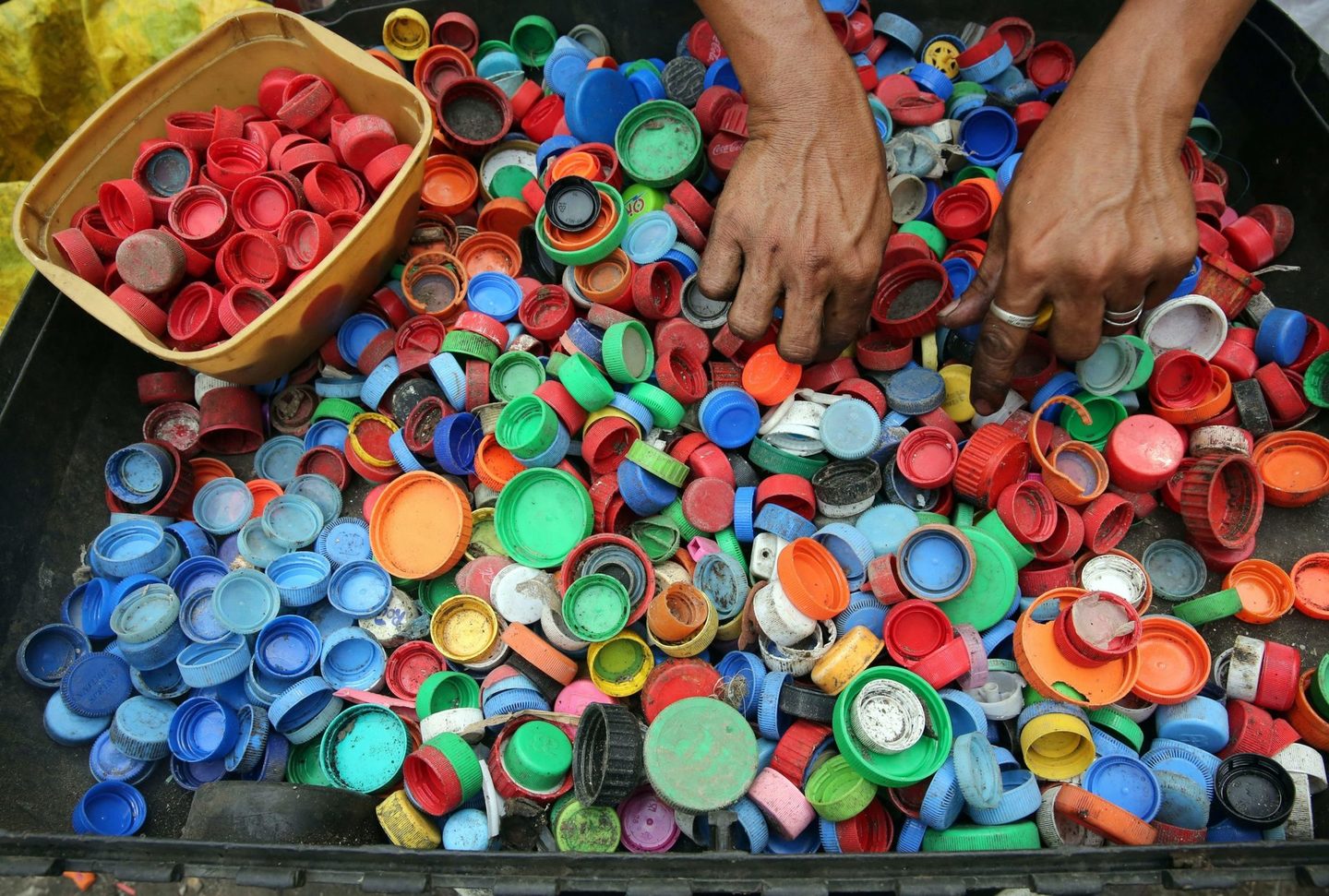The New Circular Economy Action Plan (Commission, 2020) mandates increasing recycling rates for several waste streams, e.g., plastic waste or municipal biowaste. There are several ways by which these waste streams could be recycled, each with a different environmental and socio-economic footprint. To inform the assessment of different options in a comprehensive and efficient way, the socio-economic literature on recycling pathways will be reviewed systematically in this report. Three main findings emerge: Firstly, market failures are common in waste management given the particularities of waste markets, as for example, the fact that waste might have very low or negative prices. Secondly, the approaches and methods used to assess the economic and socio-economic impacts of recycling policies and pathways found in the literature are multiple and diverse. Thirdly, the number of publications assessing the economic and socio-economic impacts of municipal food/bio-waste and municipal dry recyclables (priority on plastics) in an EU-context are not enough to be able to generalize their findings.
Veronica Martínez , Ignasi Puig , Sergio Sastre
2021
Publications Office of the European Union
Martinez Sanchez, V., Sastre Sanz, S. and Puig Ventosa, I., Review of economic and socio-economic studies on recycling topics, Publications Office of the European Union, Luxembourg, 2021, ISBN 978-92-76-41936-5, doi:10.2760/041884, JRC126384.

